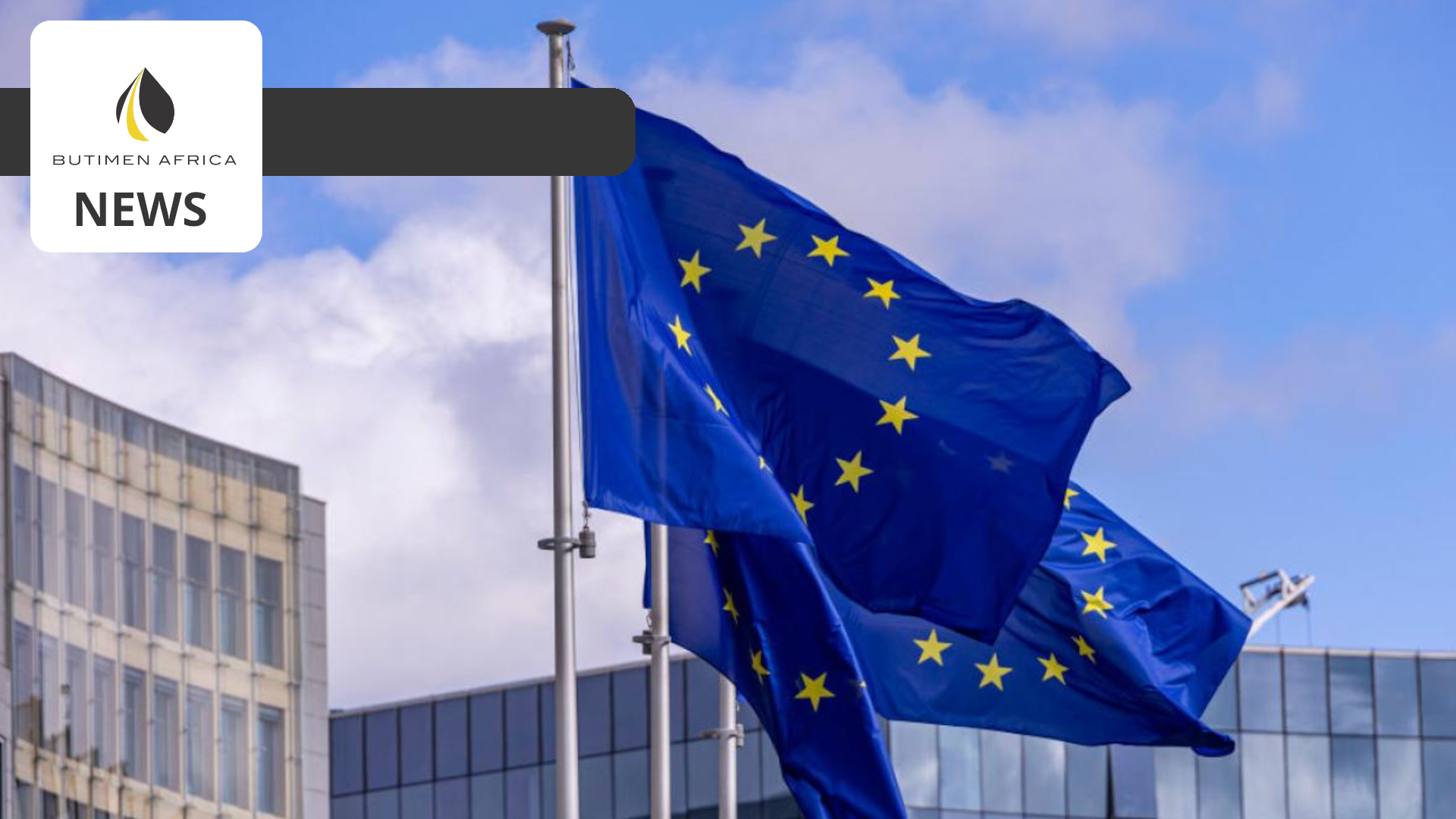European capitals, particularly Kyiv, are on edge as Russian President Vladimir Putin and U.S. President Donald Trump prepare to meet in Alaska on August 15 to discuss ending the 43-month-long war in Ukraine. This high-stakes summit, the first since Trump’s return to the presidency, could reshape Ukraine’s borders and European security without input from Ukraine or the EU. Trump has prioritized ending the conflict, relying on his deal-making skills and personal rapport with Putin to achieve a breakthrough.
Western officials and experts have voiced concern about Trump’s unconventional diplomatic approach. They worry that Putin, with decades of experience negotiating with the West, could outmaneuver Trump, particularly after Trump raised the possibility of land swaps between Russia and Ukraine. Such proposals have heightened fears that the U.S. could inadvertently legitimize Russia’s territorial gains. The sudden announcement of the summit has left European and Ukrainian leaders scrambling to ensure their interests are considered.
Trump’s positions on Ukraine have been inconsistent, causing further uncertainty. While he has criticized both Ukrainian President Volodymyr Zelenskyy and Putin at different times, he has not imposed sanctions on Russia, signaling a lingering affinity for Putin. Trump has also hinted at the possibility of a three-way meeting with Zelenskyy if progress is made with Putin, raising both hope and anxiety in Kyiv. European leaders, including British Prime Minister Keir Starmer, are actively coordinating with Ukraine to safeguard their security interests.
Skepticism about Putin’s intentions is widespread. Analysts warn that the summit could favor Russia by legitimizing Putin without requiring concessions. There is concern that Ukraine might face pressure to make territorial compromises without sufficient security guarantees, potentially inviting renewed Russian aggression. Experts also caution that Trump could be swayed by Putin’s proposals, framing Zelenskyy as the obstacle to peace and undermining Ukraine’s negotiating position.
Despite the uncertainty, there are signs Trump is aligning with European concerns. He has emphasized involving Ukraine in any settlement and warned Russia of severe consequences for continuing the war, though specifics remain unclear. The summit arrives amid significant gaps between Russian and Ukrainian positions on key issues like territory and security, making a comprehensive agreement unlikely in the immediate term. European and U.S. coordination remains crucial as the meeting approaches.

